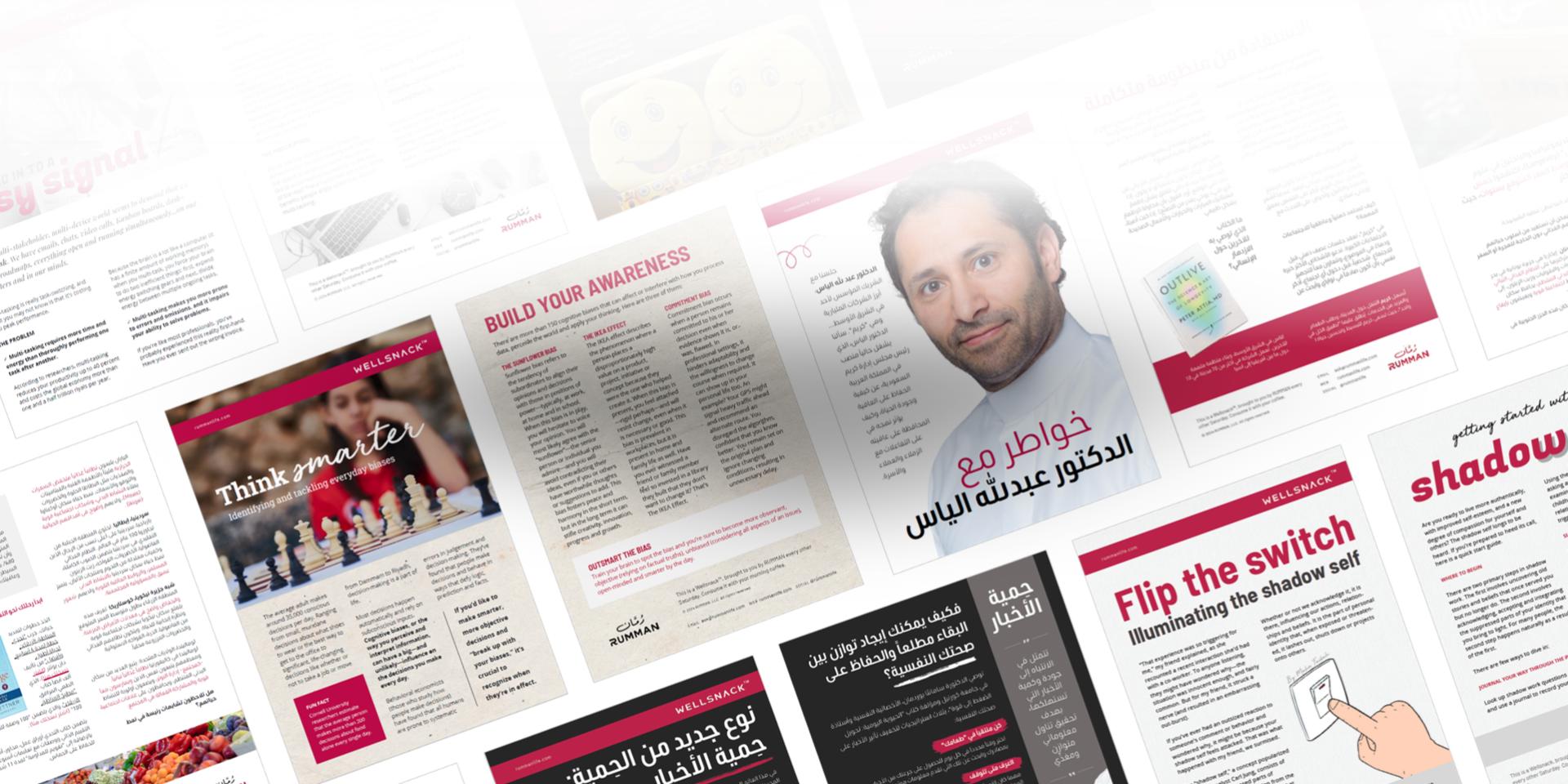
As Gen Z enters the global workforce, adapting to their expectations—such as increased mental health awareness and a desire for flexibility—is crucial. This shift highlights the growing global focus on workplace wellbeing, driving the pursuit of both innovative and established practices in the workplace.
According to a 2023 Statista report, 28 percent of the global workforce was engaged in remote work, a trend expected to increase as more jobs offer remote options. With more remote work, there is an emerging need for clear work-life boundaries to protect employee health and wellbeing.
The European Union is considering a “Right to Disconnect” law as a crucial step in addressing the challenges of remote and hybrid work. This legislation would allow employees to disconnect from work during non-working hours without repercussions. This law could set a global standard for employee wellbeing, stressing the need to improve work-life balance and address health risks from constant connectivity and long hours.
Research conducted by Mind Share Partners revealed that 42 percent of U.S. employees have left a job due to mental health reasons. And these departures result in substantial recruitment and training expenses. A 2024 Culture Amp report indicates that the total cost of a single person leaving ranges from 30 percent of that position's salary (for a junior employee) to 200 percent (for an executive).
Studies have found a strong association between reduced mental health of employees and reduced productivity. They've also found it to be associated with higher absenteeism. According to a 2024 report by the World Health Organization, depression and anxiety account for an estimated loss of 12 billion workdays globally each year. These missed days cost the global economy one trillion dollars annually in lost productivity.
Disengaged employees severely damage productivity and team morale. According to a report by Gallup, disengaged employees are 60 percent more likely to make mistakes at work.
Gallup’s report reveals that in Saudi Arabia, actively disengaged employees cost the economy 62 billion SAR annually.
Recognizing the importance of workplace wellbeing, Australia enacted Work Health and Safety (WHS) laws to shield employees from psychosocial hazards that could impair their mental health, including limited job control, bullying and harassment, poor working conditions, and many others.
What do Australia's WHS guidelines recommend when it comes to mitigating psychosocial risks? They promote:
Effective Communication: Outlining job expectations and responsibilities clearly
Employee Support: Maintaining regular contact with remote employees and providing necessary health and safety training
Increased Employee Autonomy and Flexibility: Encouraging breaks, clear task delineations, and allowing employees to have control over their schedules
Consulting Employees in The Creation of Wellbeing Policies: Consulting directly with affected employees in decisions related to work health and wellbeing matters